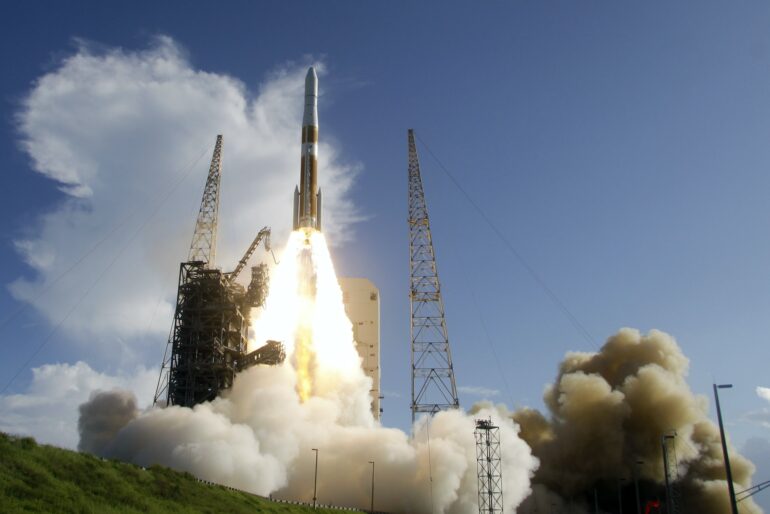When 17 people were in orbit around the Earth all at the same time on May 30, 2023, it set a record. With NASA and other federal space agencies planning more manned missions and commercial companies bringing people to space, opportunities for human space travel are rapidly expanding.
However, traveling to space poses risks to the human body. Since NASA wants to send a manned mission to Mars in the 2030s, scientists need to find solutions for these hazards sooner rather than later.
As a kinesiologist who works with astronauts, I’ve spent years studying the effects space can have on the body and brain. I’m also involved in a NASA project that aims to mitigate the health hazards that participants of a future mission to Mars might face.
Space radiation
The Earth has a protective shield called a magnetosphere, which is the area of space around a planet that is controlled by its magnetic field. This shield filters out cosmic radiation. However, astronauts traveling farther than the International Space Station will face continuous exposure to this radiation – equivalent to between 150 and 6,000 chest X-rays.
This radiation can harm the nervous and cardiovascular systems including heart and arteries, leading to cardiovascular disease. In addition, it can make the blood-brain barrier leak. This can expose the brain to chemicals and proteins that are harmful to it – compounds that are safe in the blood but toxic to the brain.
The blood-brain barrier keeps compounds flowing through your circulatory system out of your brain.
NASA is developing technology that can shield travelers on a Mars mission from radiation by building deflecting materials such as Kevlar and polyethylene into space vehicles and spacesuits. Certain diets and supplements such as enterade may also minimize the effects of radiation. Supplements like this, also used in cancer patients on Earth during radiation therapy, can alleviate gastrointestinal side effects of radiation exposure.
Gravitational changes
Astronauts have to exercise in space to minimize the muscle loss they’ll face after a long mission. Missions that go as far as Mars will have to make sure astronauts have supplements such as bisphosphonate, which is used to prevent bone breakdown in osteoporosis. These supplements should keep their muscles and bones in good condition over long periods of time spent without the effects of Earth’s gravity.
Microgravity also affects the nervous and circulatory systems. On Earth, your heart pumps blood upward, and specialized valves in your circulatory system keep bodily fluids from pooling at your feet. In the absence of gravity, fluids shift toward the head.
My work and that of others has shown that this results in an expansion of fluid-filled spaces in the middle of the brain. Having extra fluid in the skull and no gravity to “hold the brain down” causes the brain to sit higher in the…



